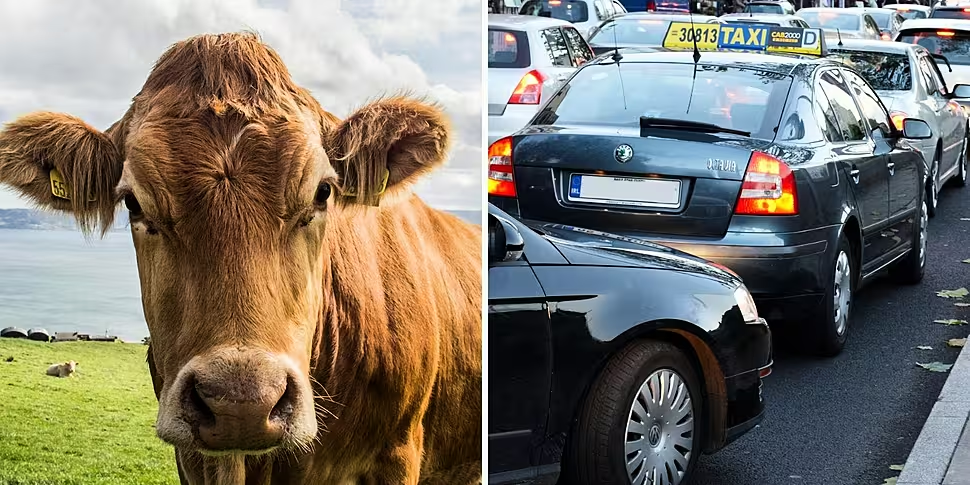Ireland's greenhouse gas emissions are at their lowest level in three decades, new data shows.
The Environmental Protection Agency (EPA) report says emissions decreased by 6.8% last year with reductions in almost all sectors.
The largest single-year reductions were in the energy and agriculture sectors with the lowest level of residential emissions since 1990.
The overall figure is the lowest in three decades and below the 1990 baseline.
 Ireland’s provisional greenhouse gas emissions in 2023. Source: EPA
Ireland’s provisional greenhouse gas emissions in 2023. Source: EPAEPA Programme Manager Mary Frances Rochford told Newstalk Breakfast there are several contributory factors to the fall in emissions.
"We are seeing that there are reductions and significant development across all major sectors," she said.
"Within the energy and the agriculture sector we've seen the largest single year decrease.
"We've also seen the lowest level of residential emissions in 30 years."
Ms Rochford said while emission levels in the transport sector increased "marginally" they are below pre-COVID levels seen in 2019.
"We need to build on this, we need to maintain momentum," she said.
"We're seeing measures there in terms of our industry, for example, we've seen a reduction in emissions there of over 20%.
"These are the type of things that we need to build on into the future".
Transport sector
Ms Rochford said biofuel is having a big impact on transport emissions.
"What we see in the transport sector is measures that have come through at a regulatory and market level," she said.
"We've seen the impact of biofuel - what's mixed in with the diesel and petrol that we put in our car - has had a significant impact.
"We're also seeing the impact of EVs; then on the other side we're seeing the increase in our fleet.
"The measures that are there - like improvements to public transport system, using the public transport system, walking, cycling and alternatives to the car - are definitely something that people can do in practice."
Ms Rochford added there have also been reductions in the use of coal, peat and oil in the residential sector.









